In a narcissistic relationship, partners are often in a codependent attitude because it is the only way to achieve a balance in this relationship and that is why the toxic patterns and loops continue. In the codependency dance, a codependent person will be the best dance partner for a narcissist, as they will do whatever it takes to maintain the rhythm of the dance.
Note: Narcissists and codependents can be any gender. In a majority of cases, narcissists are men who seek female codependent counterparts. For the sake of this article, the narcissist will be referred to as “he” and the codependent will be referred to as “she”. These labels are not intended to be limiting.
What is the codependency dance
The world of psychology uses “the codependency dance” to describe the intimate relationship between two very broken, dysfunctional, opposing, but balanced people: the fixer and the people-pleaser (the codependent), and the controller and taker (the narcissist).
The destructive behaviors that each one has formed throughout their childhoods and into their adult lives seem to complement each other perfectly. The two of them mesh together in a seductive and dysfunctional dance where the codependent individual will give up her power and the narcissist will thrive on that control and power so that no one’s toes get stepped on.
Related: 5 Glaring Signs That You Are Dating A Narcissist And How To Leave Them
The Dancers
Codependent individuals are enamored with the needs and desires of other people. They were groomed in their childhood to be servants and later in life they find themselves on a dance floor where they are attracted to people who are a perfect pairing for their submissive dancing style.
They are natural followers, and most of them find narcissists extremely appealing because of their charm, confidence, boldness, and dominant personality.
The perfect dancing partner for a narcissist is someone who lacks self-worth, confidence, and self-esteem. A narcissist looks for a dancing partner who he can manipulate so that he can control the dance. He looks for someone who has a warped sense of reality and codependent people fit this role perfectly.
Individuals who have grown up knowing who they are, who are confident in their capabilities, and who are strong-willed (or normally-willed) rarely stay with the narcissist long-term, because they are able to see the red flags of the narcissist’s selfish personality early on. (ie: they don’t put up with crap, like gaslighting).
Codependent people confuse caretaking and sacrifice with true love and loyalty.
They are dedicated to their partners but feel used, which makes them bitter later on. Her hunt for love is ultimately an unconscious motivation to find someone who is “familiar”. (Familiar isn’t always good) It stems from childhood trauma and the lack of healthy love, respect, and being cared for by adults.
Related: Codependent Relationships: Takers and Caretakers
She fears being alone and her compulsion to control and fix things at any cost motivates her. She is comfortable in her role as a martyr who is endlessly loving, devoted, and patient. She dreams of dancing with somebody who loves her unconditionally.
She believes that she must sacrifice herself in order to obtain this love because it is the only way that she has ever known how to express love.
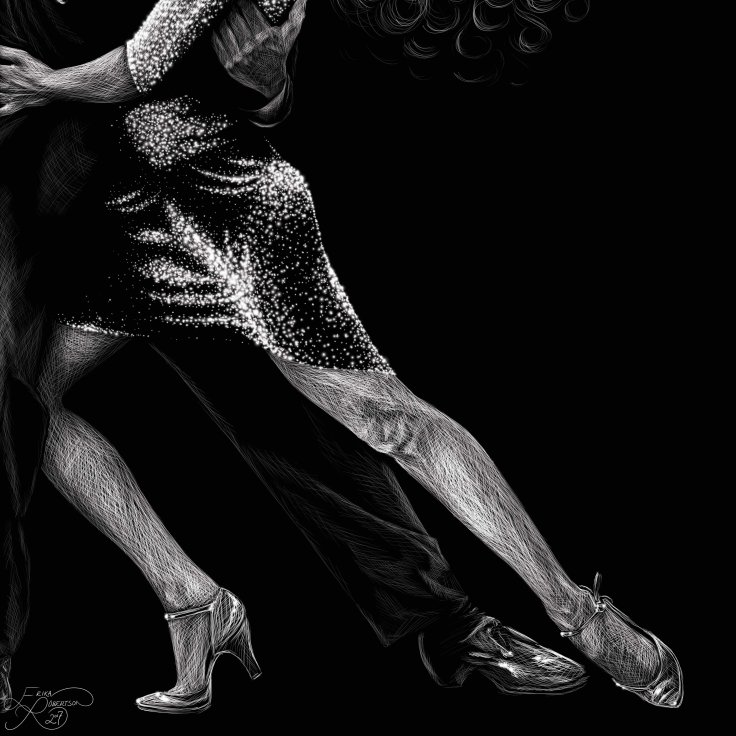
First Dance, Honeymoon, and Return Home
In her eyes, at first sight, the narcissist is the embodiment of Prince Charming. He woos her and caters to her every whim, makes her feel like she is the center of the universe, pours out excessive expressions of love (love bombing), and he does his best to figure out what it is she likes and what she is looking for in a mate so that he can wear that mask for her, in the beginning.
The honeymoon phase of the relationship lasts anywhere from a handful of weeks to about six months (but for more experienced narcissists, they could keep up the act for years), and after this threshold is approached the good graces of the narcissist start to dwindle swiftly.
Complements and catering to his new love have been replaced with gaslighting and correcting, and she takes the criticism because she believes that he loves her and that he knows what’s best for her. If she argues with him, he will convince her that she is wrong, and because of her weak self-esteem and trust in him, she will slowly start to adopt his mindset and become the image that he wants her to be.
She holds on, hoping for things to get better, and hoping for things to go back to the way that they were before; she hopes that after a period of time her partner will finally start to understand her real needs instead of critiquing her over and over again.
She doesn’t know that he doesn’t have the ability to truly empathize with people. She has been trained to withstand the pain, and to power like she did when she was growing up. Her whole dysfunctional life has led her up to this dysfunctional relationship and she executes it beautifully.
In a sense, the narcissist is never completely whole without a partner to dote over his every need.
As she is compulsively corrected by him, she starts to become a memory of herself for the sake of him, their relationship, and for her own survival. Any deviation from his plan is met with aggression and sometimes violence.
His partner, always seeking the love that he had given her at the start, is forever confused. She doesn’t know what is false or what is true anymore. She will believe cunning lies that come from his lips because he is a master gaslighter who is able to whip up verbally abusive concoctions that cause her to believe that she ‘needs to be corrected’.
The narcissist will isolate her, and start to cut her off from the rest of the world, including her own friends and family. She will become completely dependent upon him for every need, and she clings to him for safety.
Her gauge of reality is so warped that she wouldn’t even know what to do without him because she has completely lost herself and her ability to make decisions without his direction. She doesn’t want to make him angry by moving in any direction other than what he has designated for her.
Related: How to Change Your Codependent Behaviors
She will adopt the image of the type of woman he is attracted to, she will eat like him, she will absorb his political and religious beliefs, she will consult him on what she should wear, how she should talk, what job she should take, what she should and shouldn’t approve of, what friends she should have, what family members she can’t be around, how she should be in the bedroom, and how their home should look.
She becomes a tool for him to use so that he can create an environment for which he can impress people, not an environment where she will feel comfortable.
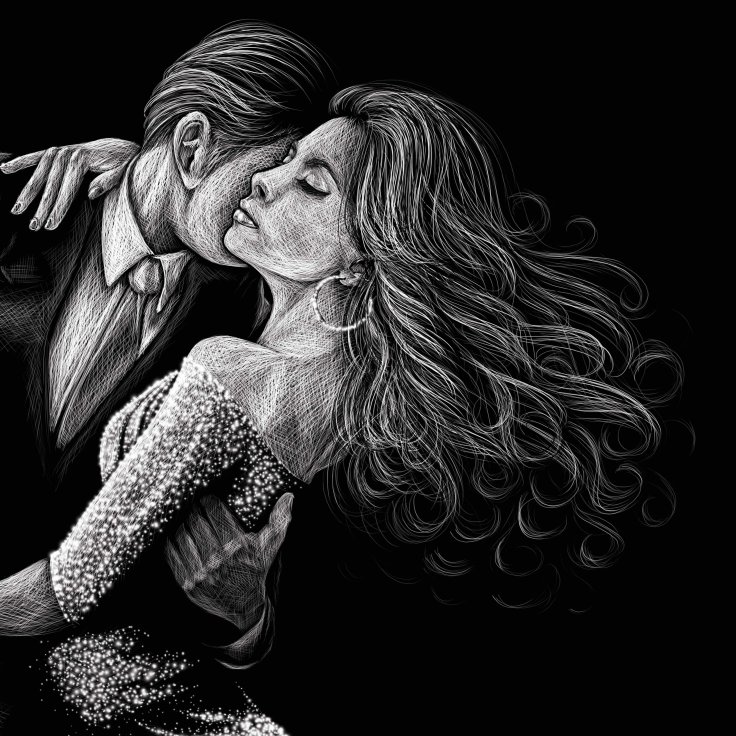
The Breakup
Narcissists are rarely faithful to their partners. If the relationship does not end with the narcissist cheating on her and leaving her, it usually ends when she starts to discover her real self, and when she starts to find her own independence. He needs to be with somebody who obeys him at all times. Unfortunately, most codependent people are deep into a dysfunctional relationship when their eyes start to open.
She fell in love with an image all those years ago, but that image that he presented to her was not a real person. During a breakup, and throughout her relationship with him, she mourns the loss of this image. She confuses the image with the abusive person.
The breakup will be a vicious battle between the functioning, healthy, and newfound realizations of her personality and the manipulation and tyranny of the narcissist.
Related: Traumatic Bonding: How A Narcissistic Relationship Is Similar To Stockholm Syndrome
When a breakup finally happens, the narcissist will never provide closure and draws out the breakup as much as possible. Stalking is not uncommon and could continue for many years down the road. Most narcissists like to keep tabs on their former partners.
Codependent individuals desire balance and harmony, but they typically fall for people based on initial attraction, and unfortunately, this initial attraction is most prominent with narcissists because of their charm and boldness.
If she finds herself without a partner to dance with, she doesn’t wait for somebody who is healthy, but she jumps into another dance, usually with the same type of person. Loneliness is too much for her to bear.
She will continue dating the same type of person over and over again, and endure the same kind of abuse until she realizes that she is a broken person and that she needs to fix herself. Until she learns that she is the root of all of her own problems, that she is the one who chooses abusive partners because of her own brokenness, and until she heals herself, she will keep on dancing the same dysfunctional dance.
The cycle continues until it is broken (and it usually continues for decades, through generations of family members).
His Crap and My Choice
This codependent woman was me. As I said before, I grew up in an extremely abusive home, and the adults in my family did a fantastic job at raising me to be an excellent codependent woman. They taught me the turns, the dips, and the footwork so that when I became a young adult and ventured into the dating world, I would know how to dance with narcissists.
I would be lying if I said that I never enjoyed the thrill of each one of them in the beginning. Each one was a ‘love-bombing’ prince and I was a lonely princess.
Not all of the men that I have dated have been narcissistic. I have dated a number of young men who have been absolutely pleasant, wonderful, and kind. They were people who I took for granted because of my own brokenness. I didn’t know how to love with proper boundaries and I still feel guilty for the pain that I had caused. For that, I am sorry.
Related: How to Leave A Narcissist or Abuser
As for the three who were narcissistic, I don’t feel guilt except for the damage I did to myself. I can’t feel guilty for men who had knowingly abused me and “debated with me” about the justifications for their actions.
I have been manipulated, I have been brainwashed, I have been made to feel like the scum of the earth, I have been the punching bag for their failings, I have been hit, I have been sexually assaulted, I have been verbally abused, and I have been mentally abused.
Sometimes, people are dealt crappy cards. Crappy things happen to awesome people. No one can control everything that happens to them, but, each of us has control over HOW WE REACT to the crap that is thrown at our feet. We can either choose to step in it, or we can choose to walk away.
Two years ago, a familiar pile of abusive crap was thrown at my feet. I was tired of the same dysfunctional patterns, but I didn’t know why they were happening to me. I was angry with my unhappiness and empty romantic relationships. I confided in my friends who turned around and told me that I was my own problem.
THAT made me angry, but they were right. I realized that I had dated a string of abusive people, but that I was also in control of my own narrative, and that because I was in control that it was my fault for making the choice to step in the crap in the first place.
Related: 6 Harsh Realities of Life After Divorce From A Narcissist
So, I took a good, long, glaring look at that smelly, steaming piece of rancid crap at my feet. Then I mustered up the courage to look up into his proud ‘know-it-all’ face. And for the first time in my life, I made the choice to walk away from the abuse.
The first step to recovery is realizing that there is a problem… But, breaking up with a narcissist is not something that you just do, either…
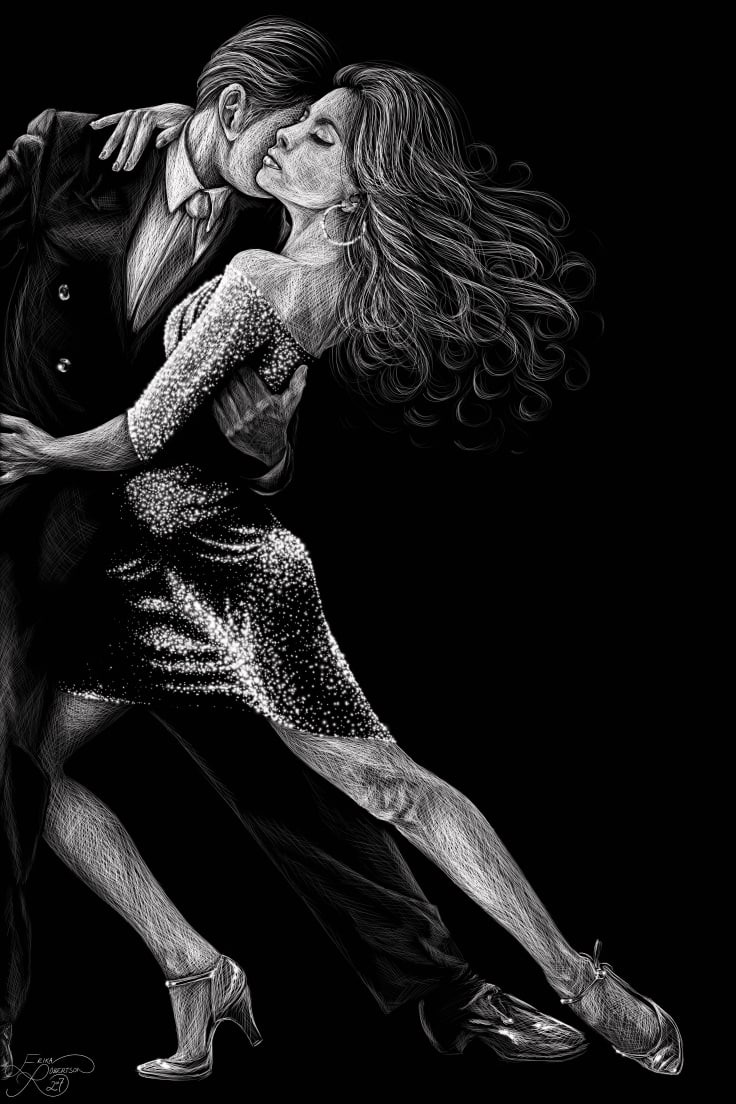
Written By Erika Robertson
Originally Appeared On Art with Erika
Follow “Art With Erika” on Facebook
Watch out this video on the indicators of narcissists and codependent dance:

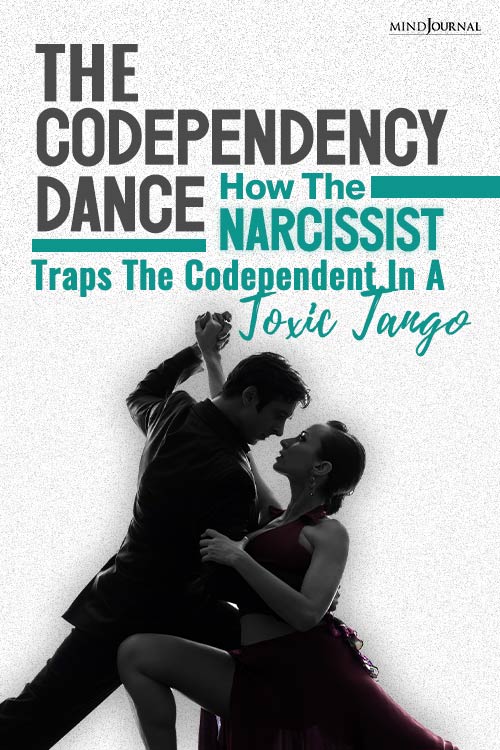
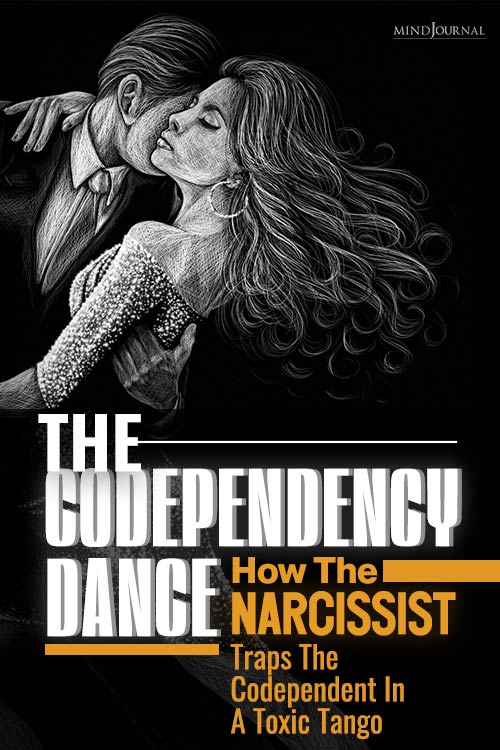

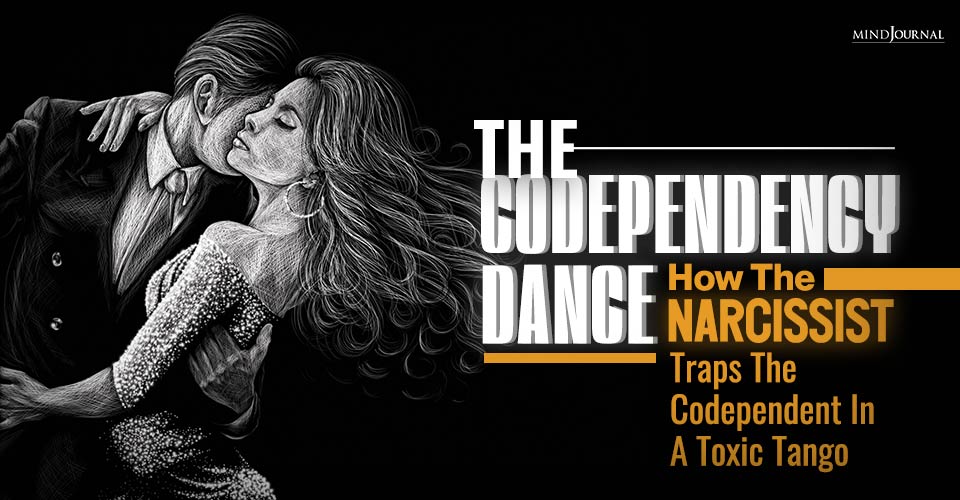



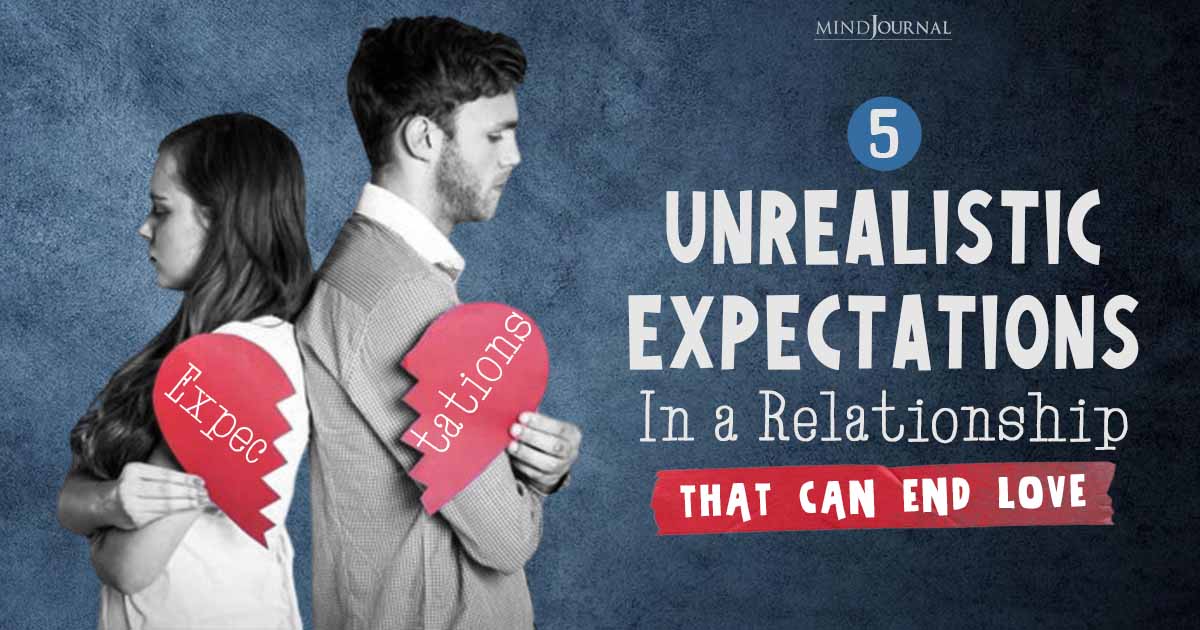

Leave a Reply